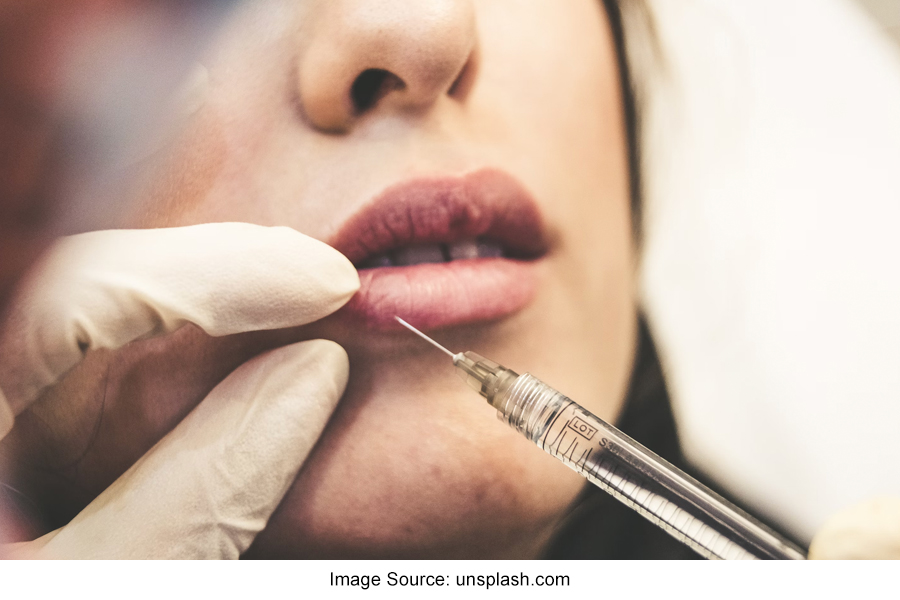Cosmetic surgery, a luxury only available to the elite class, has become familiar and, to some extent, accessible to the public. Social norms of improving physical appearance through surgical operations have been sustained, disregarding whether one comes from the privileged or underprivileged population groups in society. Various cosmetic treatments and operations are offered for aesthetic purposes, ranging from the simple Botox to the more complex rhinoplasty, Sculptra, or breast augmentation. Before beauty, a central concept behind modern culture, the truth should shimmer with aspects such as risks, trends, and ethics.
Trends In Cosmetic Surgery
The cosmetic surgery industry is dynamic, whatever the change happens in its trend due to societal norms, technological innovation, and the impact of celebrities. In contemporary times, procedures such as filler lips, Brazilian butt lifting, and non-surgical face tightening have increased in number. It cannot be denied that social media platforms have a significant impact on how women or men are perceived to be beautiful in terms of body sculpting and even the supposedly perfect features. Furthermore, cosmetic enhancements amongst the young demographics have become acceptable over time, increasing procedures among the millennials and Gen Z that embark on challenges of beauty and aging.
Risks And Complications
Cosmetic surgery may be able to bring forth remarkable rejuvenation, but it is not without possible hazards. As with any medical procedure, there can be complications such as infection, scarring, and adverse anesthesia reactions. The most common risks of invasive surgeries include bleeding, harmful effects of anesthesia, and infections. Patients should be well-informed in advance about such risks. Moreover, unrealistic expectations as well as psychological factors may result in being disappointed after the surgery, so it is necessary to have counseling and psychological evaluation before the operation is done.
Ethical Considerations
The ethical problems of cosmetic surgery are multifaceted, raising questions related to subject care, informed consent, and how society views beauty. Critics suggest that the people who aim for perfection by undergoing surgeries find it challenging to accept that only a set of standards dominates society. So, it creates a sense of uncertainty among the people. Moreover, an issue with access to these cosmetic procedures brings along the problem of fairness and the continuity of social justice in the health system. The actual medical professional is the one who serves the interests of the patients first and can communicate clearly to ensure that the patient’s ideas are incorporated into their health plan, which is by their values and goals.
Conclusion
Cosmetic surgery is an issue of beauty, which is impressive because it can motivate people to look better and feel more confident and self-assured. As technology is developing quickly, this has made new treatment options safer and more efficient, and as the field itself is complex, this should be recognized.
Cosmetic surgeons can confront this dynamic environment with remarkable accountability by following fashion trends, actively managing risk, and applying ethical principles. Finally, the decision to face cosmetic surgery is left to such a person. When examining the pros and cons and the impact of society, the question of ethics cannot be denied.















